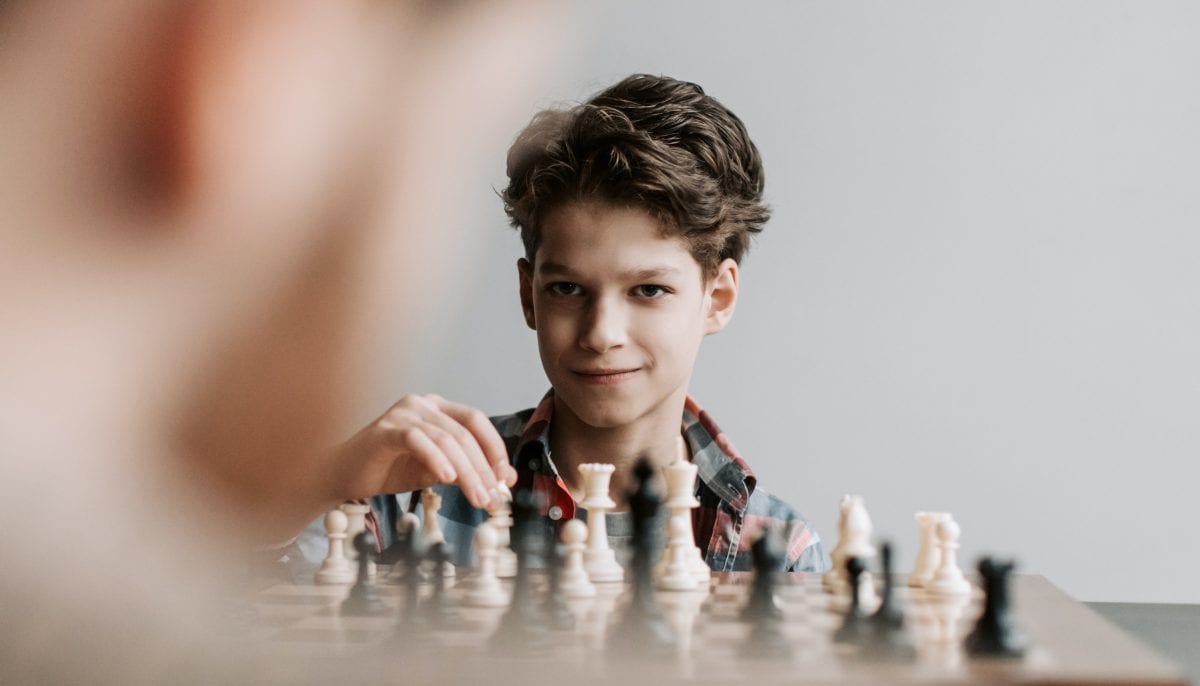Playing it Safe

Do you always play it safe? We all have our personal risk profiles. Some people climb mountains without safety ropes, while others won’t climb more than two steps up a ladder. People who suffer from anxiety and low self-esteem, like bullying victims, tend to be the most risk-averse. In a pandemic, being careful to adhere to all the guidelines is useful. But in life in general, being over-cautious means you miss out on things you could safely have done.
Researchers in the UK were working with a group of 400 children and found that teaching them chess decreased their risk aversion. In the game of chess, you need to be able to take prudent risks – maybe sacrificing a piece to gain a decisive advantage. Chess was a safe environment for the children to experiment with risk – the worst thing that could happen was that they lost the game.
If you are feeling risk aversion is holding you back, look for a similar safe environment where you can practice taking small risks. If you are anxious about speaking to strangers, join a club or association where everybody has an interest in common. In this environment, it will be easier to ask a stranger a question because you can expect everybody to want to share their knowledge and love of your common subject.